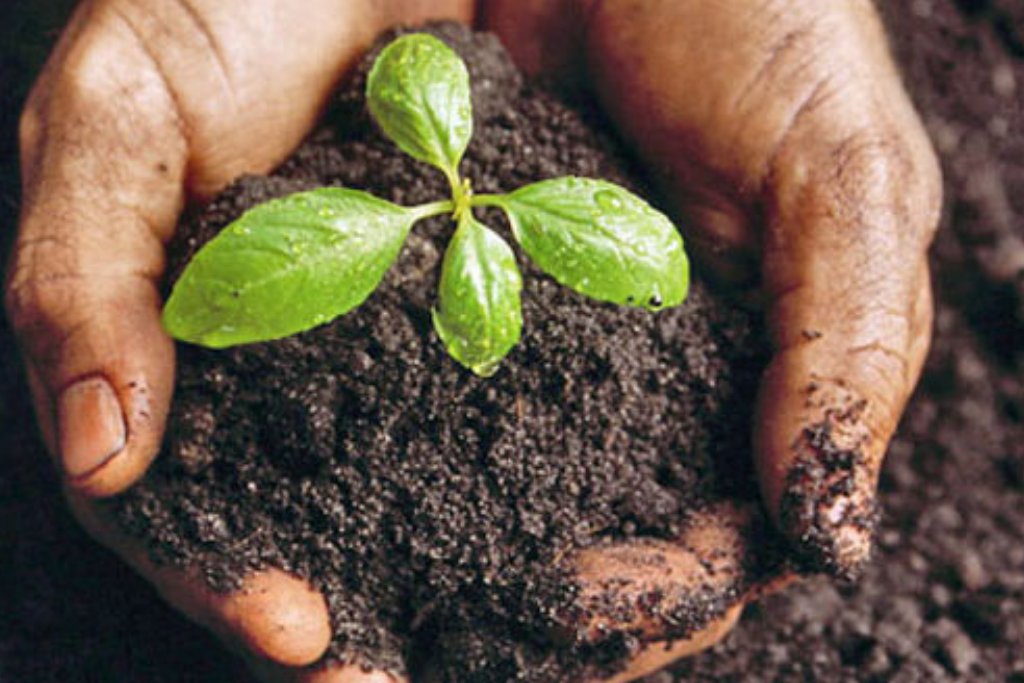The federal government, through the Transforming Irrigation Management in Nigeria (TRIMING), project has launched a N100million research to fashion out ways to tackle the problem of soil salinity and sodicity bedevilling tomato and rice farmers under Kano River Irrigation Project area.
The research, which is being undertaken by experts from Bayero University Kano in conjunction with the International Crop Research Institute for Semi Arid Tropics (ICRISAT), is aimed at delineating the salt/sodium prone areas so as to proffer solution to the age long menace.
Over 22,000 hectares of farm lands in the project (KRIP) area traversing Kura, Bunkure and Garun-Malam local government areas of the state were said to have high concentration of salt and sodium which are inhibitive to plant growth.
Daily Trust gathered that within the last five to ten years since the problem started manifesting in the areas, about 30 to 40 percent of annual output of paddy rice and tomatoes produced in the areas are lost to soil salinity.
Addressing the press at a one-day sensitization workshop organized by TRIMING and its collaborating partners aimed at engaging farmers to share their experiences, the project’s business specialist, Hallai Garba, reiterated their commitment to ensuring that the problem is addressed so that farmers can get appropriate returns for their investment.
“Literature has it that 30-40 percent of agricultural productivity from KRIP project area has been lost to soil sodicity and salinity.
“On the average, the productivity per hectare here is expected to be about 4-5 tons but the best a farmer gets in Kano river irrigation project now is just 3-3.5 tons per hectare.
“So the intention of this particular research is to really train the farmers, working along with them; some institutions like BUK, ICRISAT and one other institution are collaborating together to try to proffer solutions on how the farmers can actually address these particular problem so that the losses attributed to it can be actually address or reduced to the barest minimum” he said.
The lead researcher, Prof. Abdu Mohammed Manga, of the department of Agronomy, Bayero University Kano, advised the farmers to always conduct soil test to determine ‘what nutrients are required in the soil and at what quantity’ before planting.
He also charged them to avoid indiscriminate use of inorganic fertilizer on their farm lands saying doing so contributes to salt and sodium concentration in the soil.

 Join Daily Trust WhatsApp Community For Quick Access To News and Happenings Around You.
Join Daily Trust WhatsApp Community For Quick Access To News and Happenings Around You.


